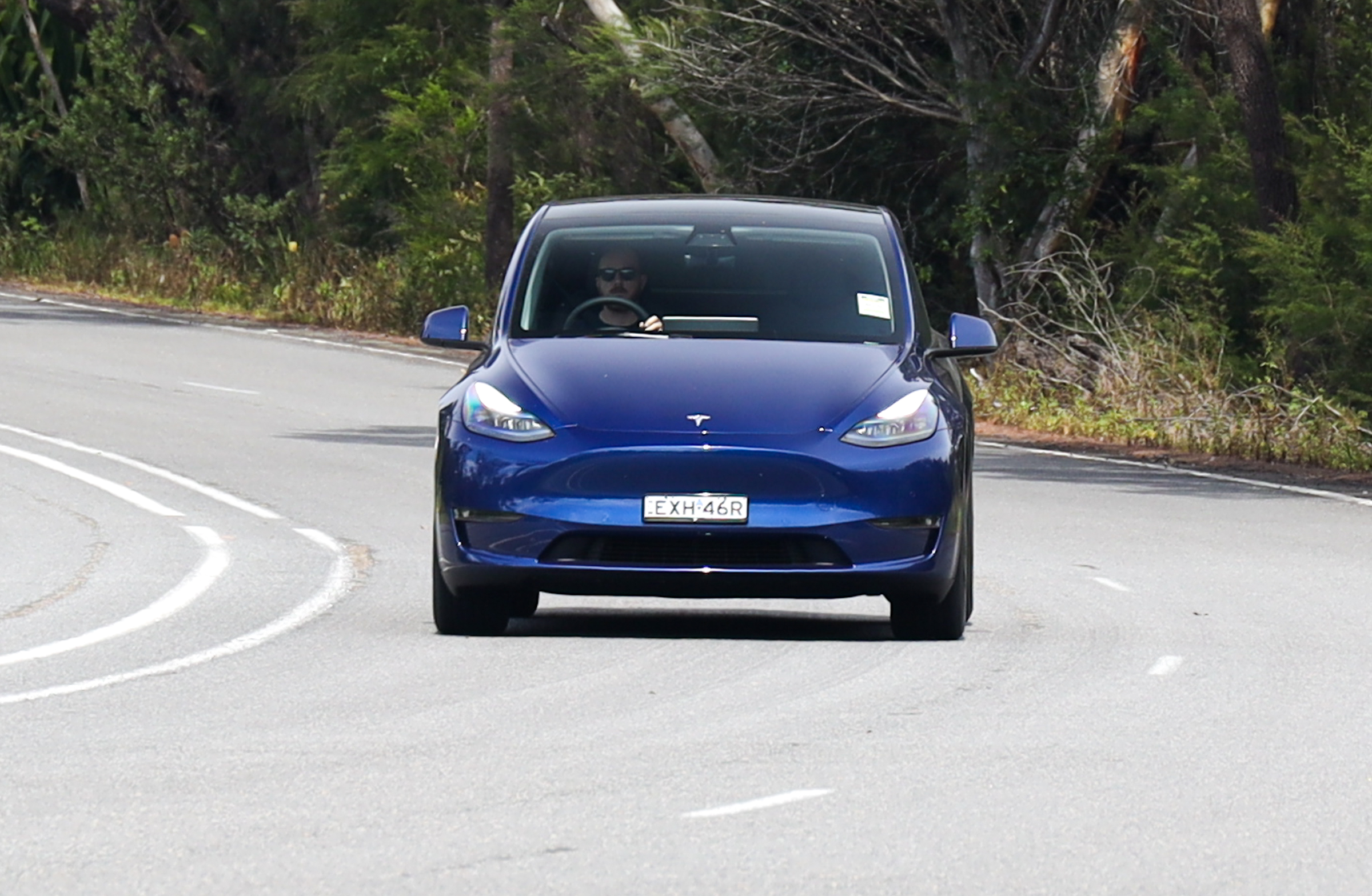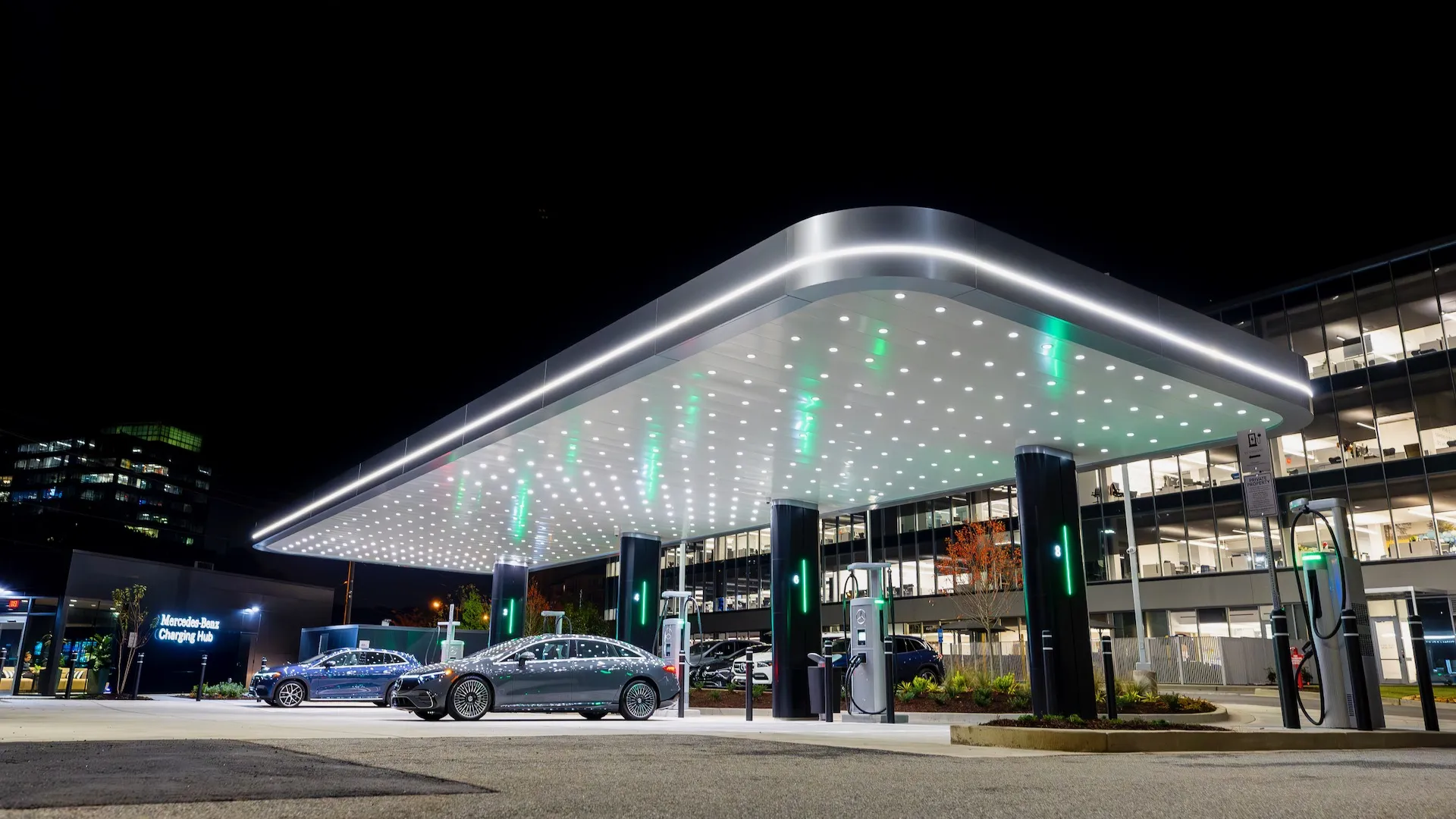In the very near future, no one will be ugly, bored, or, sadly, employed, and if technology can manage all of those miracles it will surely also deliver us cars that can drive for 1500km, or more, and then recharge just by parking in direct sunlight for five minutes.
Until that happens, it seems, we’ve really all got to find some kind of universal drug to treat our range anxiety – Va Va Valium, Mercedes-Benzos perhaps – so that car companies can make EVs look less ugly and boring, or at least that’s what the experts are saying.
I’ve been unwisely reading about the fact that any modern mobile phone will soon be able to Photoshop even me into someone handsome with a few simple ego strokes, and the fact that AI is already capable of writing much funnier stuff than me, so if you’re bored, you’ll be able to ask it to entertain you, instantly.
READ MORE: Updated Tesla Model 3
READ MORE: Why Tesla and BYD could dominate electric car sales for a long time yet
This will, of course, mean the end of my employment, and plenty of other jobs, but I’m hoping that before a computer makes me redundant I can buy one last car to drive me into retirement. It would have to be an EV, but, at present, it doesn’t exist yet. Not just because I’d like a bit more range, and a shorter charging time, but because, as I’ve opined before, most of the current options are a little unattractive.
According to Polestar – who seem determined to buck the trend – the problem is our obsession with range, because increasing it can only be done in two ways, at present, by making bigger, heavier batteries that make cars less fun to drive and far more expensive, and/or by making them more slippery through the air, which makes them look more like eggs/Teslas.
Polestar says the quest for a longer driving range has hit a tipping point, and delivering further distance will require batteries that are too big, and too expensive, to make real-world sense.
“Now that electric vehicles are in this range of 600km or 700km or 800km territory, then the question becomes how far is far enough?” asks Pete Allen, Polestar’s Deputy Chief Technical Officer and Head of UK R&D.
“Because if you go for, say, 1200km, then you are dragging all of that mass, you’re dragging all of those materials, and all of that stuff that you’ve dug out of the ground, around with you. And 99.9 per cent of the time nobody will need it.
“I think a 100kWh (battery) is a good number. And I’m suspicious of those who go beyond it, because does that match the sustainability argument?”
So are current EVs offering enough range? The new Audi Q8 E Tron was supposed to offer around 600km off a charge, from its 114kWh battery, but the real figure is going to be about 454km, which feels low, at least when you’re sitting in a big SUV that seems designed for long family journeys.
But long family journeys are, clearly, the exception rather than the rule. According to the ABS, the average Australian drives just over 33 kilometres each day, and EV owner surveys suggest most charge at home, often several times a week.
And that means the range currently offered by EVs genuinely is enough to meet almost everyone’s driving requirements, almost all of the time (and yes, the word “almost” is doing a lot of word in that sentence, twice).
And there is another vital reason to limit our range obsession, according to Polestar, the ability to make better looking cars.
With aerodynamics now playing such a vital role in design we end up with things like Audi’s wildly impractical virtual mirrors, and believe me, no one wants those. They are merely the raised robotic finger of questionable design, however, because there are plenty of other facets making vehicles look less interesting, as Mr Allen explains.
“If you want maximum range, then you have to have a very bulbous kind of front end, because most of the aero drag is coming from the front of the car,” he says.
“So if you have very low drag, then you end up with a big, plain shape. Others do that, they take that approach.
“Then when it comes to dynamics, you can have very low rolling-resistance tyres. But then you have a car which is compromised in its design, and compromised in its vehicle dynamics. So then the question is how do you balance the range attributes with the desirability of the design and the driving dynamics?”
There’s no prizes for guessing who he is referring to there. The Tesla Model Y is a lot of very good things, but attractive simply isn’t one of them.
The answer, it seems, is that we wait for small but hugely power dense batteries, like the design Toyota says it will have in the market by 2026-27, with a range of 800km (another one, a year later, will offer 1400km, if you can believe that, but I don’t).
Or we just say enough is enough with range, and can I please have an attractive EV?
If we’re all going to be unemployed soon, it doesn’t seem like too much to ask.










